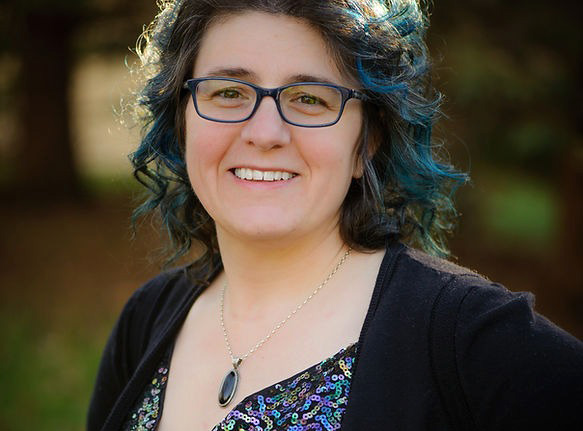When former Big Ten volleyball player of the year Taylor Landfair transferred away from the Gophers after the 2023 season, Minnesota head coach Keegan Cook immediately turned to Julia Hanson.
But the Savage native had averaged a paltry 0.6 kills per set in 2023, far from an all-conference-level stat for an outside hitter. Cook told Hanson most players miss their moment because they are not ready when it arrives.
“ ‘This could be your moment, if you want,’ ” he told her. “I kind of put that challenge in front of her, and she accepted it.”
She sure did.
Hanson was an unanimous selection for first team all-Big Ten on Wednesday. At 6-foot-1, her 4.06 kills per set leads the team, ranks 51st in the nation and has helped lead the Gophers back to the NCAA tournament.
The 15th-ranked Gophers (20-10) will play Western Kentucky (28-6) in the first round at 3:30 p.m. CST Thursday at Memorial Coliseum in Lexington, Ky. The winner will play either No. 11 Kentucky or Cleveland State at 6 p.m. Friday for a spot in the Sweet 16.
The Gophers have won 15 straight first-round matches dating back to a 3-1 loss to Sacramento State in 2007, and they have advanced to the Final Four six times since 2003, the last time in 2019.
“All spring, (Hanson) performed at a really high level. But I think her improvement over the course of the fall is something that stands out to me.” Cook said. “You don’t see that a lot. I mean, the player that I saw in August looks nothing like the player that I see here in December — in the best way.”
Cook said it’s rare for players in today’s age to be so clear about what type of coaching they need and show up every day ready to get better.
“To take risk at a time when people don’t like to take risk,” Cook explained. “She works pretty diligently and quietly most days. She doesn’t miss a lot of practices. She’s reaping what she has sowed for a long time right now.”
Hanson, a junior, acknowledged she would get overwhelmed as the coaching points kept streaming in during practices over the past year, but she fell back on her belief she could step into Landfair’s shoes. California transfer Lydia Grote’s 2.88 kills per set have also helped.
“I just feel like this is what I’m supposed to be doing, and this is where I’m supposed to be at, which is 100% true,” Hanson said. “It’s been the best season ever, and I love this team.”
Hanson shares an apartment with setter Melanie Shaffmaster, which for an outside hitter is akin to a quarterback and wide receiver living together. Shaffmaster also earned all-Big Ten honors this season after averaging 9.27 assists per set.
“It helps significantly,” Shaffmaster said. “We all kind of understand each other’s personality at a different level. That’s good to know, other than just when we come in the gym and practice and lift weights and stuff. She’s honestly like a sister to me.”
Hanson and senior Shaffmaster have lived together for two years. Shaffmaster knows Hanson’s mannerisms and can tell what mood she might be in and what she might need, such as a talk or some time to herself.
“Then I think just, on the court, knowing that we’re in it together,” Hanson said. “Our relationship has grown so much, and I think that also stems from us playing together all season.”
Hanson and Shaffmaster also live with fellow Gophers teammates Lauren Crowl and Elise McGhie. They will often all sit on a huge bean bag chair to watch new episodes of the TV show “Yellowstone” on Sunday nights. Some members of the Gophers’ wrestling team also come over to watch.
If the volleyball season ends how the Gophers want, Hanson and Shaffmaster will be able to watch the next episode of the western and look forward to playing in the Sweet 16 on Dec. 12.
Related Articles
Volleyball: Gophers sweep away St. Thomas




